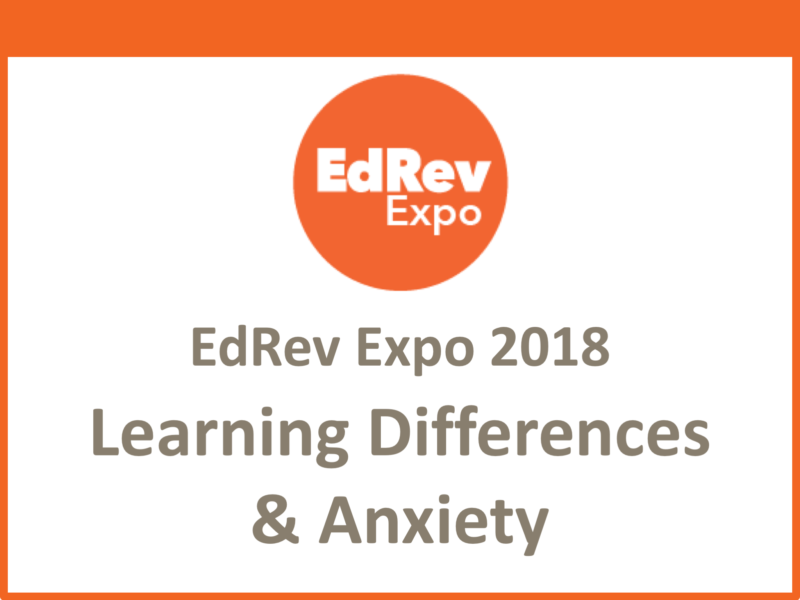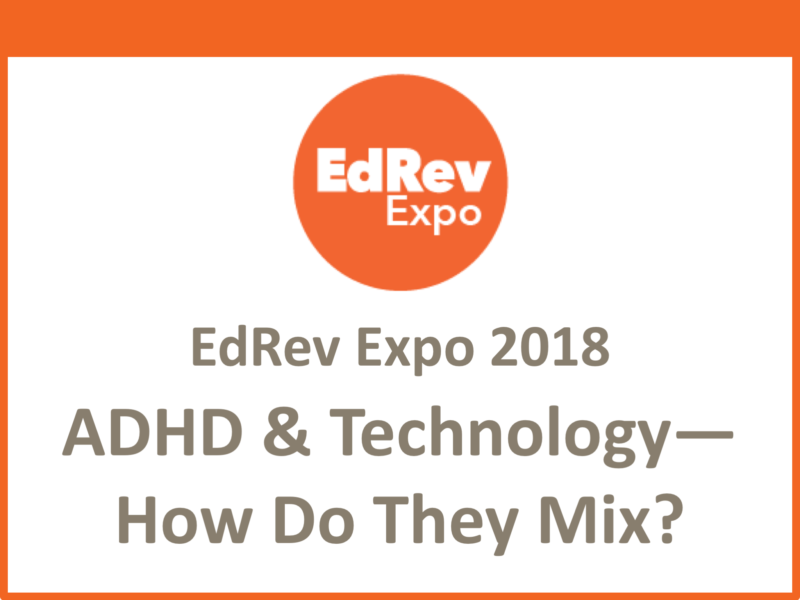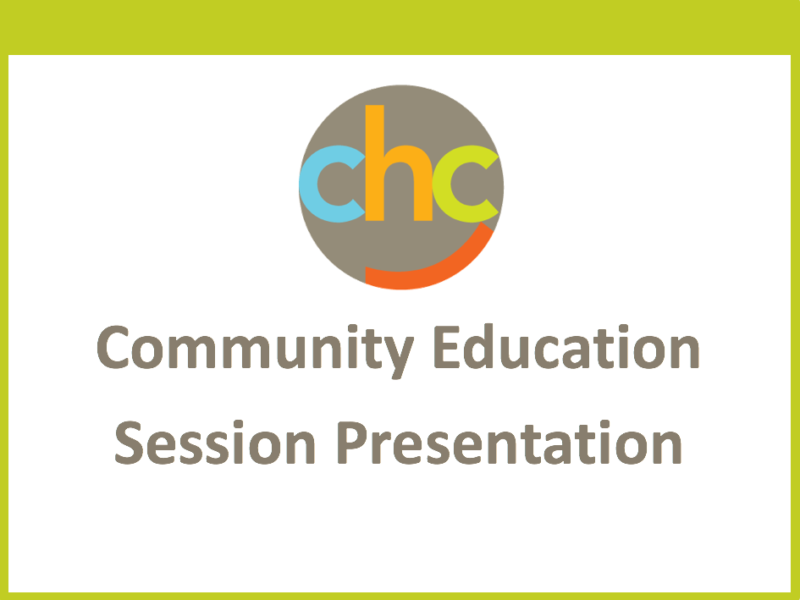
EdRev Expo 2018 Spotlight Session: Learning Differences and Anxiety [presentation]
Robert L Hendren, DO, Professor of Psychiatry and Behavioral Science and Co-Director of the UCSF Dyslexia Center discusses the frequency with which anxiety co-occurs with ADHD and/or learning disorders. Dr. Hendren explores types of anxiety disorders and reviews assessment strategies Read more >>







